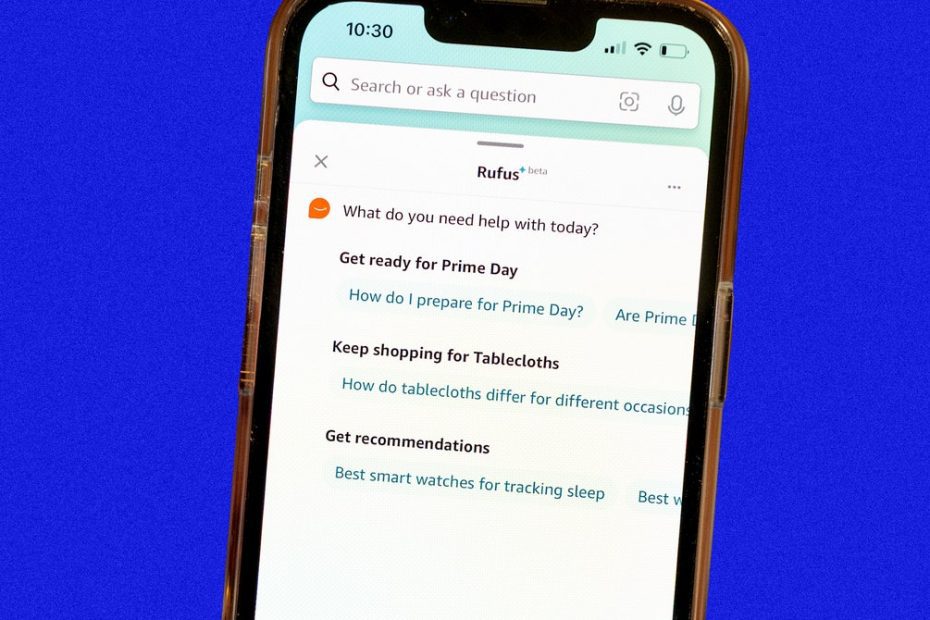If Amazon's test of sharing price history through Rufus expands and survives, it could be a major reason for users to give the chatbot a try. Trishul Chilimbi, an Amazon vice president who oversees research, wrote last week that his teams trained Rufus on all products, reviews and Q&A submissions on the company's website, as well as some public information elsewhere on internet. In other words, Rufus provides easier access to information that a user might collect on their own.
But data that is subtle or behind the scenes, such as price changes, is harder to come by. In the case of the LifeStraw filter, popular price tracking tools CamelCamelCamel and Glass It had no data when WIRED tried them. Another service, Keepa, had data going back to 2017 and showed a record price of $8 in 2022.
Executives at Keepa and Glass It tell WIRED they are not concerned about competition from Rufus. They say their data is more comprehensive and supports a variety of tools, including price alerts. “Amazon's move to provide price history data directly to users is good for all of us as consumers who want to make informed purchasing decisions,” said Amor Avhad, founder of Glass It.
Amazon has been slammed for a lack of transparency in some parts of its operations. In a pair of ongoing lawsuits, the U.S. Federal Trade Commission has separately accused Amazon of deceptive and anti-competitive practices that have kept buyers and sellers in the dark about subscription renewals and sales algorithms. But when it comes to product prices, Amazon has in some ways been fair to shoppers.
Users who let an item marinate in their cart for a while will be notified by Amazon if the item's price has changed even a cent since they first added it. If Amazon finds that the price for an item is not competitive compared to other stores, it can hide the buy button and require users to click through additional screens to complete a purchase.
How access to price history could impact traders in the middle remains to be seen. Tristan Månsson-Perrone of Radius Outfitters, an Amazon seller whose tool roll was among this week's deals, says prices don't change often. So customers may not learn much from questioning Rufus, he says.
Overall, Amazon has emphasized that it wants Rufus — named after a corgi that graced the company's first office — to be a trusted companion. Ask it to summarize reviews, and it will highlight the pros and cons. It suggests non-Amazon products and doesn't come across as overly commercial.
But WIRED couldn't get Rufus to help with so-called ethical shopping questions, including which brands supported certain parties in wars or elections. There also remains uncertainty about whether tools like Rufus will undermine revenue from the professional reviews industry, including WIRED. Those limitations and concerns were secondary when Rufus felt like an unpopular copycat. With the exclusive pricing data, it can become the customer's best friend.
Correction: 4:00 PM EDT 10/10/2024 This story has been updated to correct the date Rufus launched to all US users. It was in July, not September.

